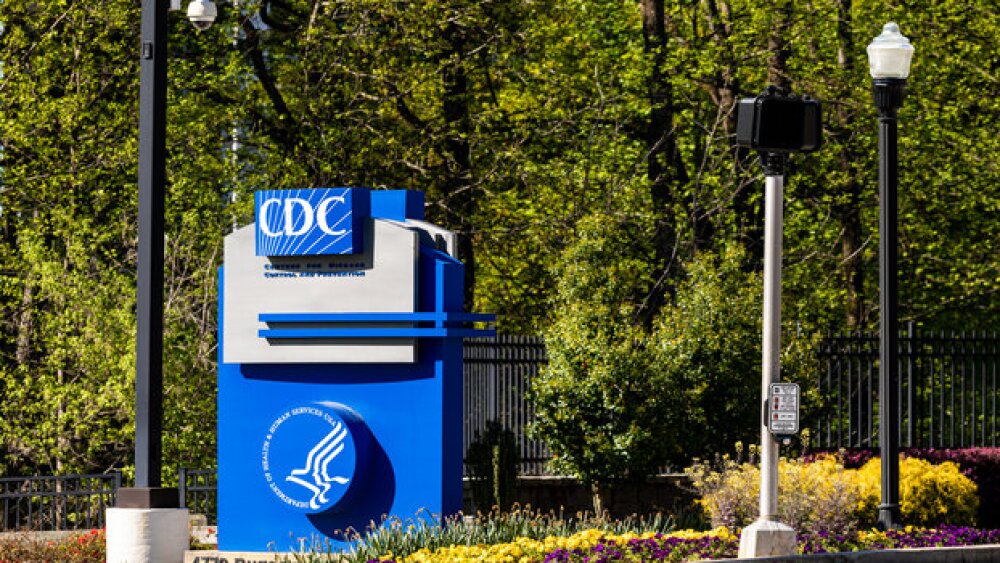A coalition of consumers, AIDS activists, and union health & welfare funds filed an antitrust complaint in federal court in San Francisco against some of the nation’s largest pharmaceutical manufacturers, including Gilead Sciences, Inc., Bristol-Myers Squibb Company, and Johnson & Johnson, Inc.'s subsidiary Janssen R&D Ireland.
SAN FRANCISCO, May 14, 2019 /PRNewswire/ -- Today a coalition of consumers, AIDS activists, and union health & welfare funds filed an antitrust complaint in federal court in San Francisco against some of the nation's largest pharmaceutical manufacturers, including Gilead Sciences, Inc., Bristol-Myers Squibb Company, and Johnson & Johnson, Inc.'s subsidiary Janssen R&D Ireland.
The case is Peter Staley, et al. v. Gilead Sciences, Inc., et al., No. 3:19-cv-02573, filed in the United States District Court for the Northern District of California.
The Complaint alleges in detail that these manufacturers entered into unlawful pricing provisions in connection with their collaboration agreements to market fixed-dose-combination drugs (putting two active pharmaceutical ingredients into a single pill). The challenged agreements cover some of the most important and widely used medicines for the treatment and prevention of the HIV virus, including Truvada, Descovy, Atripla, Genvoya, and Odefsey (others include Viread, Emtriva, Complera, Stribild, Vemlidy, Reyataz, Evotaz, Prezista, Prezcobix, Edurant, Symtuza, and Tybost).
Typical of the agreements is one between Gilead and Janssen for the marketing of Complera, which combines Gilead's Truvada (tenofovir/emtricitabine) and Janssen's Edurant (rilpivirine). The agreement provides that Gilead and Janssen will price Complera at the combined prices of branded Truvada and branded Edurant purchased separately. To keep the Complera price artificially high, the agreement provides that Janssen cannot make a generic-drug-based version of Complera even though generic tenofovir and a generic analogue of emtricitabine (lamivudine) are now available. And Janssen agreed that it would not license its Edurant to any other manufacturer to make a generic-drug-based version of Complera. A version of the drug made with generic tenofovir and generic lamivudine would cost about half of Complera's $35,000 annual price tag.
These manufacturers have blanketed the antiretroviral class of drugs with the unlawful no-generics restraints. Today they cover more than 75% of all sales of NRTIs (the "backbone" drugs in HIV cocktails) in the United States, more than 50% of all sales of "third agents" (e.g., protease inhibitors), and more than 75% of all sales of "booster" drugs that make third agents more potent. The result is that, even though three of the four principal NRTIs are now available as generics, the price of effective HIV regimens has not budged down an inch.
Mark Lemley, a co-author of the leading treatise on the intersection of patent and antitrust law, and one of plaintiffs' co-lead counsel on the complaint filed today, said "We have alleged that these anticompetitive restraints are per se violations of the antitrust laws." Daralyn Durie, another co-lead plaintiffs' counsel and founder of San Francisco-based Durie Tangri LLP, added that "It is vital to ensure that patients have fair access to these critically important drugs."
Lemley and Durie are joined by Steve Shadowen of Austin-based Hilliard & Shadowen LLP. Shadowen stated that "the Complaint alleges that the federal government alone spends more than $20 billion per year on HIV treatment, most of it on these defendants' products, and that the high cost of treatment contributes to the public health crisis in which 400,000 more Americans should be on an antiretroviral treatment." And Shadowen emphasized that "the Complaint alleges that the restraints have had a devastating effect on innovation in this vitally important class of drugs. The Complaint asserts that the restraints allowed Gilead to wring profits out of older and inferior products rather than bring new and better products to market as soon as possible."
Other lawyers representing plaintiffs in the case are Thomas Sobol of Boston-based Hagens Berman Sobol Shapiro LLP; John Radice of Princeton-based Radice Law Firm; Jayne Goldstein and Natalie Finkelman of Philadelphia-based Shepherd Finkelman Miller & Shah LLP; and Paul Slater of Chicago-based Sperling & Slater, P.C.
Media Contact: Mark Lemley: mlemley@law.stanford.edu
SOURCE Hilliard & Shadowen, LLP




